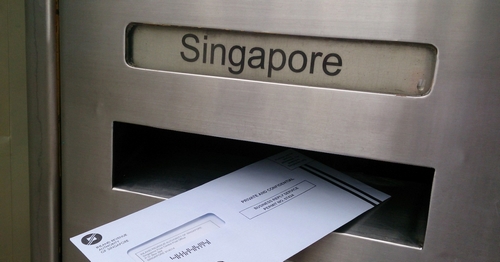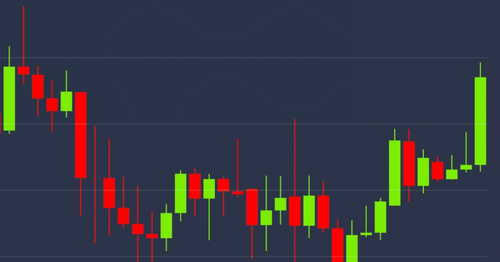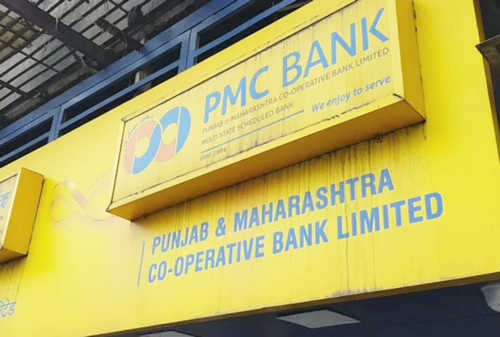IRAS’ guide considers payment tokens such as bitcoin to be “intangible property” instead of legal tender. If a consumer pays in bitcoin he is engaging in “barter trade” for which the goods and services are taxed, not the payment token itself. The same goes for businesses who can presumably value their goods’ tax burden against government-issued money metrics.
Singapore’s tax authority will not take a cut of airdropped cryptocurrency so long as the recipient gets it for free, according to an income tax treatment guide published Friday.
The Inland Revenue Authority of Singapore (IRAS)’s new e-tax guide, published Friday, filled in the tax gaps for so-called “digital tokens”, a catchall for three crypto types: payment tokens, used to by goods and services; utility tokens, which represent a right to goods and services; and security tokens, or digital securities. Each has a new definition and corresponding tax treatment from the IRAS.
Meant as a guide for consumers and businesses, as well as ICO issuers, the guide describes a fragmented approach for an industry still coming into form.
The tax guide also clarified procedures for other obscure crypto events. For example, IRAS will not levy income taxes against airdropped payment tokens or those that come from a blockchain hard fork, which is a “windfall.” Like other payment tokens, non traditionally delivered cryptos will nonetheless be taxable on transactions.
Where things get tricky is determining the tax burden of a good or service whose value is natively represented in crypto. A contractor who agrees to do a job for 3 bitcoins, for example, has no surefire to calculate the tax because the IRAS has no “methodology to value payment tokens.”
The IRAS therefore mandates that taxpayers self-determine a “reasonable and verifiable” exchange rate from widely-available services like Coinbase and Binance.
Utility token transactions, conversely, are “unlikely” to trigger a taxable event for the user, whose acquisition of them as a right to future services “will be treated as prepayment.” In fact, utility tokens’ use will actually be a deductible event under the guide.

Security tokens operate under the same loose tax laws Asia’s tax haven applies to other securities. Singapore levies no capital gains tax on securities of any kind, and sparingly taxes dividends depending on the issuer, leaving security tokens taxable only when classified as a “revenue asset.”
Singapore’s investor-friendly tax scheme leaves security token ICO issuers with the entirety of their capital raise. ICOs issuing utility tokens are not so lucky. Their proceeds are effectively deferred revenue that is taxable soon as they deliver the goods. Payment token ICO issuers need to pay right away, though the guide said such schemes are “uncommon.”
“An examination of the case facts may be required” for payment token ICOs, the guide said.
Singapore Clears Securities Token Platform iSTOX for Full Trading
The Monetary Authority of Singapore (MAS) has greenlit a tokenized securities trading firm for full operations within the city-state.Announced Monday, iSTOX has graduated from the Singapore central bank’s fintech regulatory sandbox and is set to be one of the first securities token platforms that is licensed as a capital markets services provider, said the platform’s operator ICHX Tech.
The platform will provide both retail and institutional investors with issuance, custody and trading services for digitized securities. One of the firm’s goals is to open certain parts of the financial market to more investors, Chief Strategy Officer Darius Liu previously told CoinDesk.
Private market opportunities such as equity in series B startups, corporate debt and hedge funds are usually opaque and fragmented for most investors. The new platform will eliminate middlemen and time-consuming settlement time, Liu said.
According to the firm, the Security Token Offerings (STO) available on its platform will offer issuers more options for capital fundraising and investment besides the existing mechanism.
Since ICHX entered MAS’s regulatory sandbox in May 2019, the startup has secured a spate of investments from significant backers in Asia. Its early investors include Singapore Exchange (SGX) and Heliconia, a subsidiary of Singapore’s state-owned conglomerate Temasek Holdings.
The firm later received three other investments including Thai investment bank Kiatnakin Phatra Financial Group, Japanese financial services firm Tokai Tokyo Financial Holdings and South Korean asset manager Hanwha Asset Management.
ICHX also boasts several former financial regulators as members of its board, including Chew Sutat, EVP of SGX, and Chua Kim Leng, a former special advisor to MAS.
The firm said it completed its first issuance, custody and trading of a distributed ledger technology-based security on a single integrated platform in November 2019.

